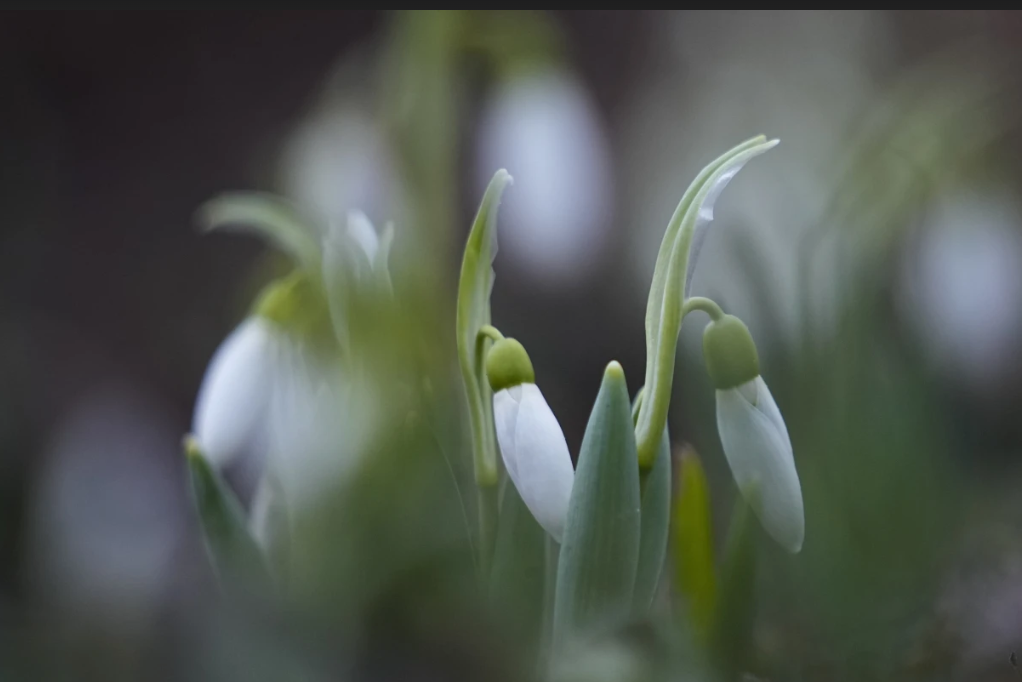January in Russia typically brings to mind images of people braving the snow in heavy coats, but this year, the scene is different. Instead of the usual ice-blocked Moscow River and the biting “moroz” cold, Moscow’s sidewalks are clear, and temperatures are unseasonably mild for what is usually one of the coldest months.
This warm trend extends beyond Moscow, even reaching Siberia and other parts of Russia, which is unusual given the country’s vast size and frigid reputation.
According to Europe’s climate agency Copernicus, the first 27 days of January 2025 have set a global record for the hottest start to the year since records began in 1940. This period is 0.11 degrees Celsius warmer than the same period in 2024, the previous record-holder.
Johan Rockström, the director of the Potsdam Institute for Climate Impact Research, stated in an interview with The Associated Press on Wednesday that extreme weather events around the world—such as the fires in Los Angeles, heat waves in Saudi Arabia, and the unusually warm temperatures in Russia—are “very highly certain” to be linked to human-driven global warming.
Johan Rockström explained that it is now impossible to separate the human impact from extreme weather events. While humans don’t entirely cause these events, our actions significantly amplify and worsen them.
According to Russia’s Hydrometeorological Research Center, temperatures in eight Russian regions reached record highs on Monday, breaking long-standing temperature records. Roman Vilfand, the head of research at the agency, mentioned last week that January might become the warmest month on record for Russia. The current record was set in January 2020, with an average monthly temperature of 0°C (32°F).
Earlier this month, during the Russian Orthodox Epiphany celebrations—when worshippers traditionally dive into icy waters of frozen lakes and rivers—some festivities were called off. Emergency services reported that the ice was too thin to safely carry out the tradition.
This year, ice formation on Lake Baikal, the world’s deepest freshwater lake, has been unusually slow. Normally, the lake freezes thick enough to allow vehicles to drive on it, but this year’s ice has been slow to form. Roman Vilfand explained earlier this month that the process has been “very slow.”
Moscow-based meteorologist Leonid Starkov attributed the delay to warm air from the Atlantic, which has brought a significant temperature shift to the region. Starkov added that even Siberia is questioning whether the winter will follow its usual course.
On Wednesday, Moscow experienced an unusual lack of snow, which allowed snowdrops to bloom in the botanical gardens of Moscow State University. The gardens, located in a scenic area overlooking the city, also featured a decorated Christmas tree in front of Stalin-era buildings. Biologist Vladimir Chub, the director of the gardens, noted that while it’s not unusual for snowdrops to bloom during February or March, when the thaw occurs, this year they bloomed early, suggesting that the university had “gotten lucky” with the early flowers.
